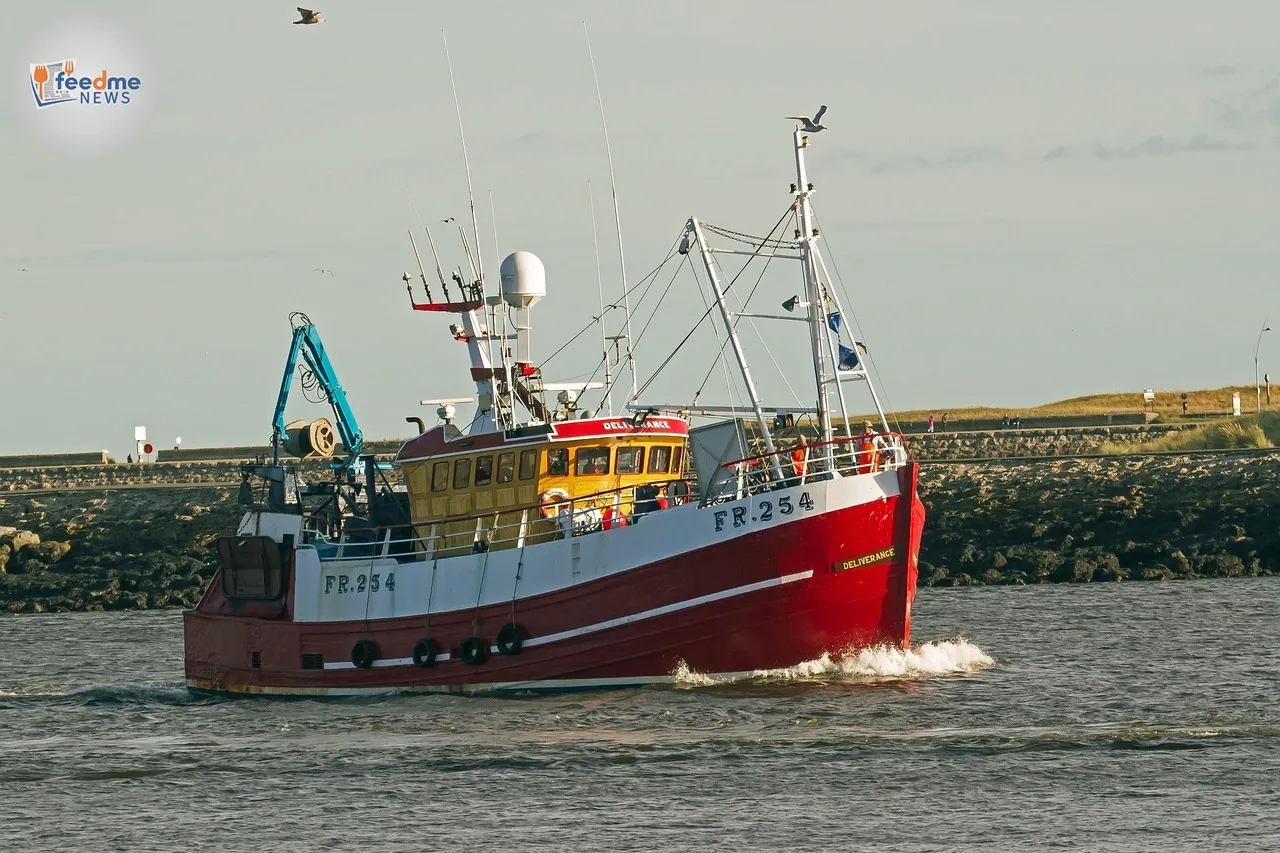In a development that has stirred significant debate, Business Secretary Jonathan Reynolds faced intense questioning over reports suggesting that the UK may have extended EU fishing rights in British waters for 12 more years. The issue, which has become a focal point in UK-EU negotiations, underscores the complexities of post-Brexit regulatory alignment and sovereignty.
The controversy erupted following a report that claimed the UK government had agreed to prolong EU trawlers’ access to its waters, a move that would potentially impact the British fishing industry significantly. Reynolds, while addressing these concerns, did not confirm or deny the report, further fuelling speculation and concern among stakeholders.
Timing and Location
The report emerged against the backdrop of ongoing UK-EU discussions aimed at refining post-Brexit trade agreements. This development took place on 19 May 2025, as part of broader negotiations held in Brussels. The timing of this revelation coincides with heightened scrutiny of the UK’s international trade policies and its commitment to maintaining sovereignty over its natural resources.
The location of these discussions, Brussels, is emblematic of the ongoing tug-of-war between the UK and the EU over regulatory control and market access. As the UK navigates its post-Brexit reality, these talks are crucial in shaping the future of UK-EU relations.

The Impact on the British Fishing Industry
The possibility of extending EU fishing rights has reignited concerns within the British fishing community, which has long felt marginalised by EU regulations. Industry leaders argue that such an extension would undermine the UK’s control over its waters, a key promise of the Brexit campaign.
Barry Deas, Chief Executive of the National Federation of Fishermen’s Organisations, stated, “Any extension of EU access to UK waters would be a severe blow to our industry. We need assurances that our sovereignty and economic interests will be protected.” Deas’s comments highlight the deep-seated frustration within the industry, which had anticipated greater autonomy following Brexit.
Government’s Stance and Response
Jonathan Reynolds, while pressed on the matter, emphasised that the UK’s regulatory alignment with the EU is currently intact. He assured that any future changes to EU rules would be met with active UK participation in shaping those regulations. “We will not simply acquiesce to EU rule changes that affect our interests,” Reynolds asserted, attempting to calm fears of diminished UK sovereignty.
However, his reluctance to categorically deny the extension reports has left many sceptical. Opposition politicians and industry leaders have called for greater transparency and a firm commitment to safeguarding UK interests.
Expert Insights on Regulatory Alignment
Experts suggest that the UK’s current alignment with EU rules is both a strategic and economic necessity, given the intertwined nature of their markets. Dr. Emily Taylor, a political analyst specialising in UK-EU relations, explained, “While regulatory alignment is crucial for trade fluidity, it must be balanced against the UK’s need to assert its independence post-Brexit.”
Dr. Taylor’s insights reflect the delicate balancing act faced by UK policymakers, who must navigate the dual imperatives of economic pragmatism and political sovereignty.
Potential Economic Implications
The economic implications of extending EU fishing rights are significant. The British fishing industry, though a small part of the UK economy, holds symbolic importance as a bastion of sovereignty. Extending EU access could lead to tensions within the industry and among Brexit supporters who prioritised control over UK waters.
Moreover, the potential for regulatory divergence poses challenges for businesses operating across UK-EU borders. Maintaining alignment while asserting national control remains a complex issue for policymakers.
Looking Ahead
As the UK continues to negotiate its post-Brexit future, the issue of fishing rights serves as a litmus test for its broader strategy of balancing sovereignty with economic integration. The outcome of these discussions could set a precedent for future UK-EU relations and influence domestic political dynamics.
The government’s handling of this issue will be closely watched, with potential ramifications for both the fishing industry and broader UK-EU trade relations. As negotiations progress, stakeholders will be looking for clear commitments that protect both the UK’s economic interests and its sovereignty.






